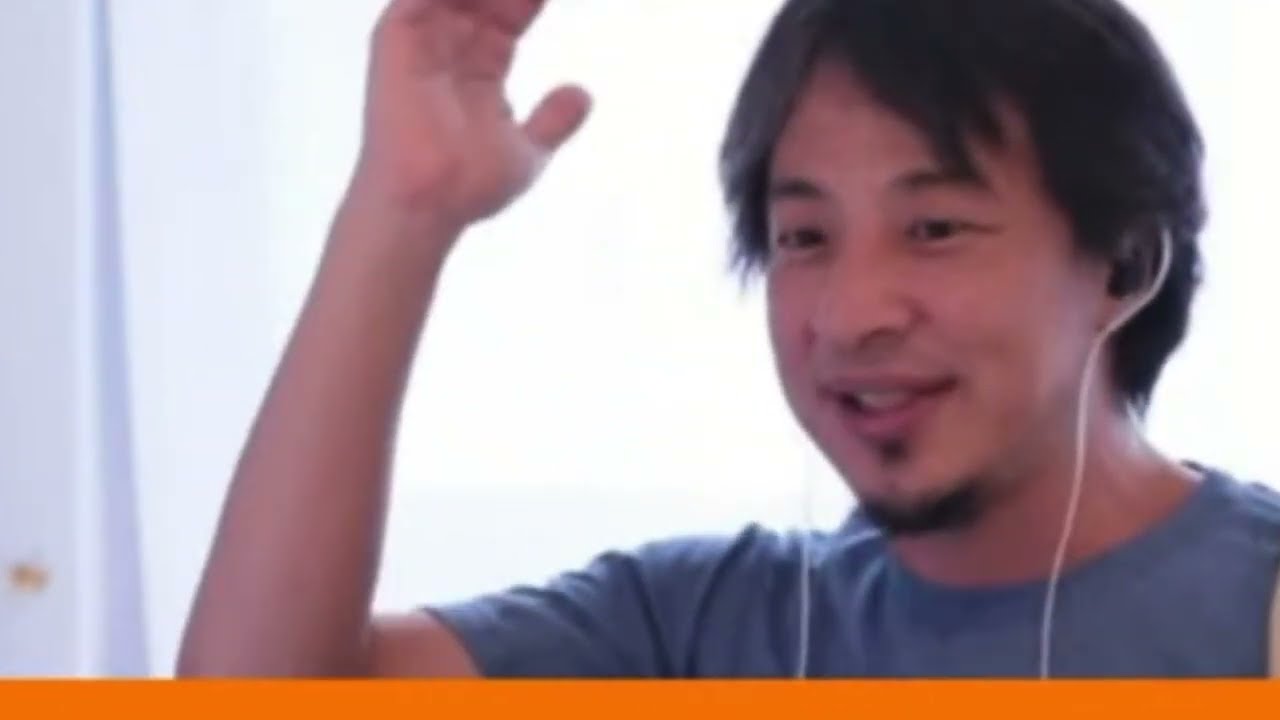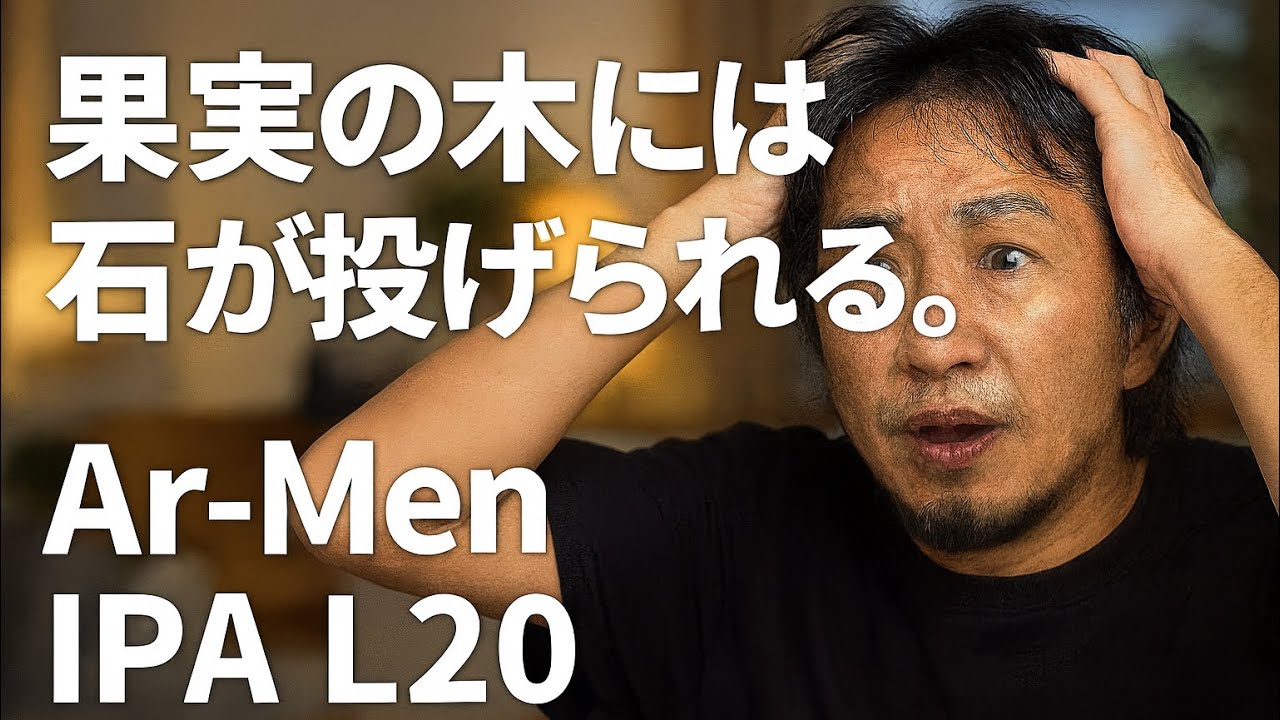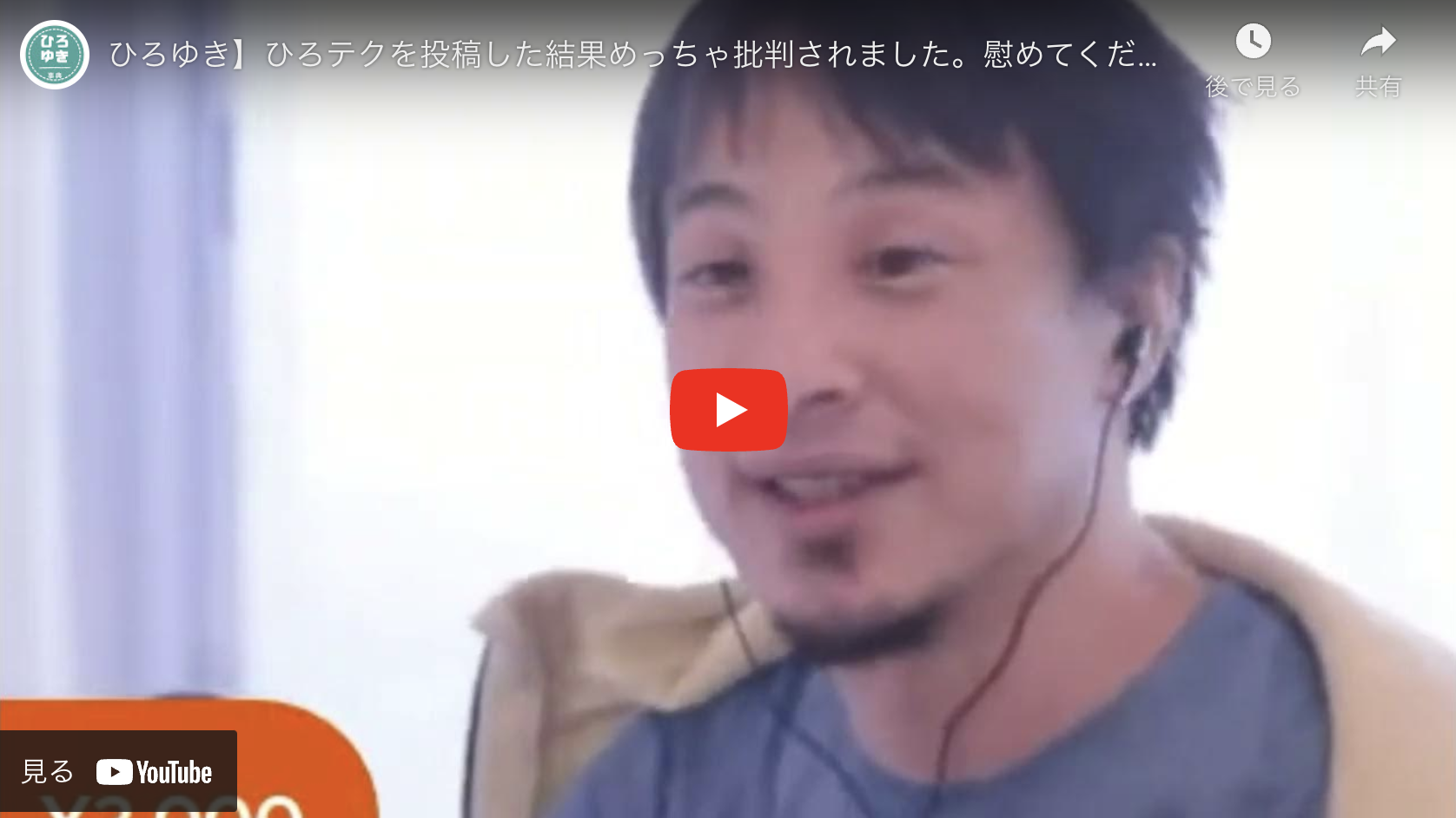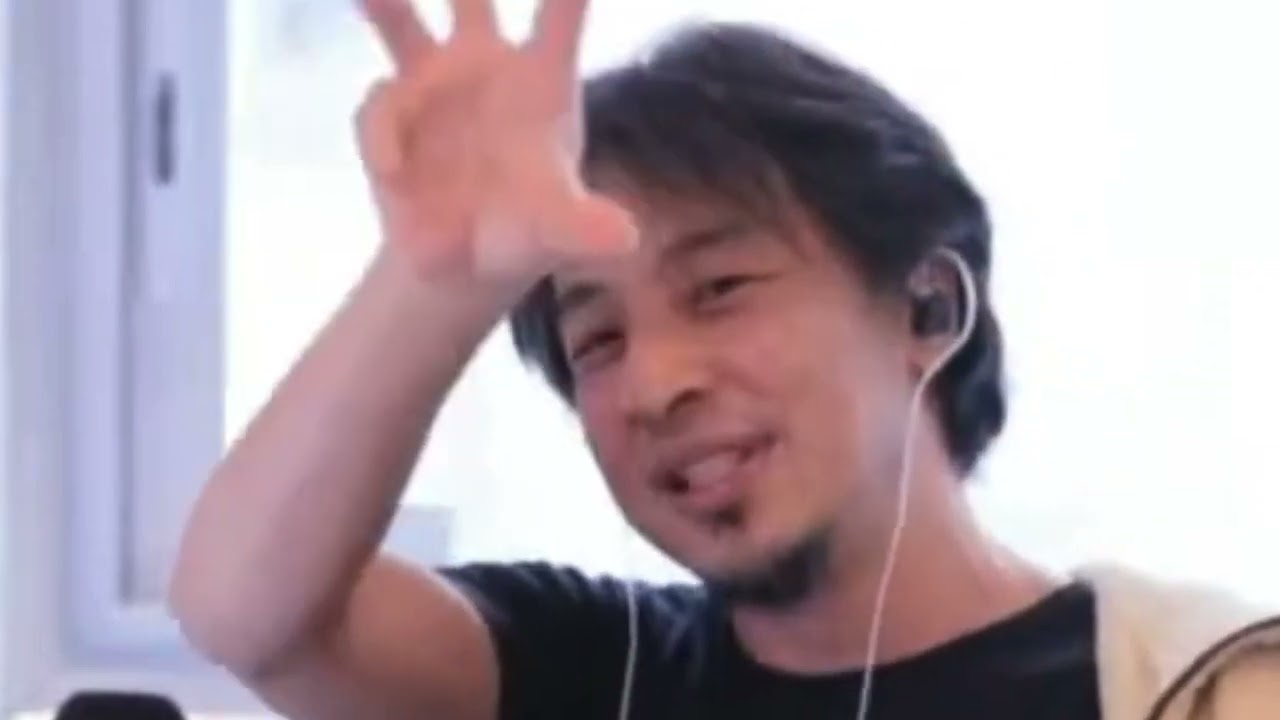質問者:mayumi M ¥2,000
子供のお小遣いについて。小学校から100点=100円、塾等は順位によりボーナスとして500円〜2000円渡していました。子供であっても「何もしないでお小遣いがもらえる」というのはおかしいという考えです。 子供に教育をする義務は大人にありますが、お金の有り難さを感じて欲しいという考えです。長男は無事中学受検も合格し、勉強への意欲は継続しています。お金を使うということにも慎重です。この考え方は間違っているのでしょうか? 長男は高機能ASDです。
元動画:2024年はあと3か月の巻。La Bleueを吞みながら。L19 2024/09/30
https://www.youtube.com/watch?v=MgzBHGufufw
(00:00)
え、子供のお小遣いについて。小学校から100点=100円、塾では順位よりボーナスとして500円、2000円渡しました。
子供に何もしないでお小遣いをもらえるのはおかしいと考えます。
子供を教育するゲームもやりますが、お金のあり方を勘違いしていると考えます。
長内中学校の事件も学弁協力が継続します。お金を使うということに状況があります。この考えは間違っているでしょうか?
(01:04)
長な高機のS、え、全然オッケーじゃない。何の問題もない話なのに、なんでそれが問題あると思ったのかが僕は気になりますけどね。
なので、その努力をしたら報われるよねっていうのをちゃんと理解するのは結構大事なんですよね。
そのマシュマロ実験という話を僕、何回かしてると思うんですけど、5歳くらいの男の子、女の子の前にマシュマロを1個置いて、「このマシュマロを10分間食べなかったら2個にするから」と言って、そのまま大人がいなくなるんですよ。
で、その10分間の間にマシュマロをその子は食べるのか、食べないのかという実験があって、その我慢したら2個になるなら我慢した方がいいよねって考える子は、人生その後結構報われるんですよ。
(02:08)
要するに、今嫌なことを我慢して努力をすることでその後報われるよねってわかってる生活習慣がある子は、勉強も「今は嫌だけど、やったらうまくいくよね」って考えて努力をすることで成果が得られる。
なので、苦労や努力はした方がいいよね、という考え方に変わるんです。
で、その場にあったマシュマロを食べちゃうと、なかなかうまくいかないよね、ということです。
(03:12)
これがマシュマロ実験の初回で、その後の追試では、マシュマロを食べちゃう子供は、親が約束を守らないことが多いという結果が出たんですよ。
例えば「来週遊園地に連れて行ってあげる」と親が約束するけど、行かない。
「今静かにしてたらお菓子買ってあげるから我慢して」って言っても、お菓子を買ってあげない。
こういう親がいると、子供は約束を守らなくなります。
(04:19)
だからこれは子供の問題じゃなくて、周りの環境によってそういう子供になってしまったんだということです。
つまり、環境によって子供は洗脳されてしまい、選択肢を狭められてしまうんです。
親がちゃんと努力を認めて報いてあげることで、子供も「勉強した方がいいよね」と思えるようになる。
自分にとってやりたくないことでも、やればきっといいことがあるんだという未来への希望を持たせることが大事なんですよ。
英訳:
Make no changes to the original text.
Format the text by time stamps.
Separate paragraphs based on content.
Complete the task until the end.
Translate it into English after completion.
(00:00)
Regarding children’s pocket money: from elementary school, 100 points = 100 yen, and in cram school, instead of rank, I gave a bonus of 500 yen to 2000 yen.
I believe that it’s strange for children to receive an allowance without doing anything.
I play games that teach children, but I believe they misunderstand the concept of money.
There’s also an ongoing collaboration with student organizations regarding the incident at Nagai Junior High School.
Is this wrong?
(01:04)
As for S at Nagai High School, I think it’s perfectly fine. There’s nothing wrong with it, so why did you think there was an issue?
Understanding that “effort pays off” is important.
I’ve talked about the marshmallow experiment several times before, where they place a marshmallow in front of 5-year-olds and tell them, “If you don’t eat it for 10 minutes, you’ll get two marshmallows.” Then the adult leaves the room.
The children who think, “It’s better to wait and get two marshmallows,” tend to fare better in life afterward.
(02:08)
In other words, children who understand that enduring something unpleasant now will result in a reward later develop good habits, including studying, knowing that hard work will lead to success.
This mindset helps them realize that effort is worthwhile.
However, children who eat the marshmallow immediately tend to struggle more.
(03:12)
Later studies found that children who ate the marshmallow right away often had parents who broke promises.
For example, parents might say, “I’ll take you to the amusement park next week,” but then not follow through.
If parents consistently break promises like this, children learn not to trust promises.
(04:19)
So, the problem lies not with the children, but with their environment.
Children are influenced by their surroundings and learn to behave accordingly.
If parents acknowledge effort and reward it appropriately, children will realize that studying or enduring something unpleasant can lead to good outcomes.
It’s important to instill a sense of hope for the future.








コメント